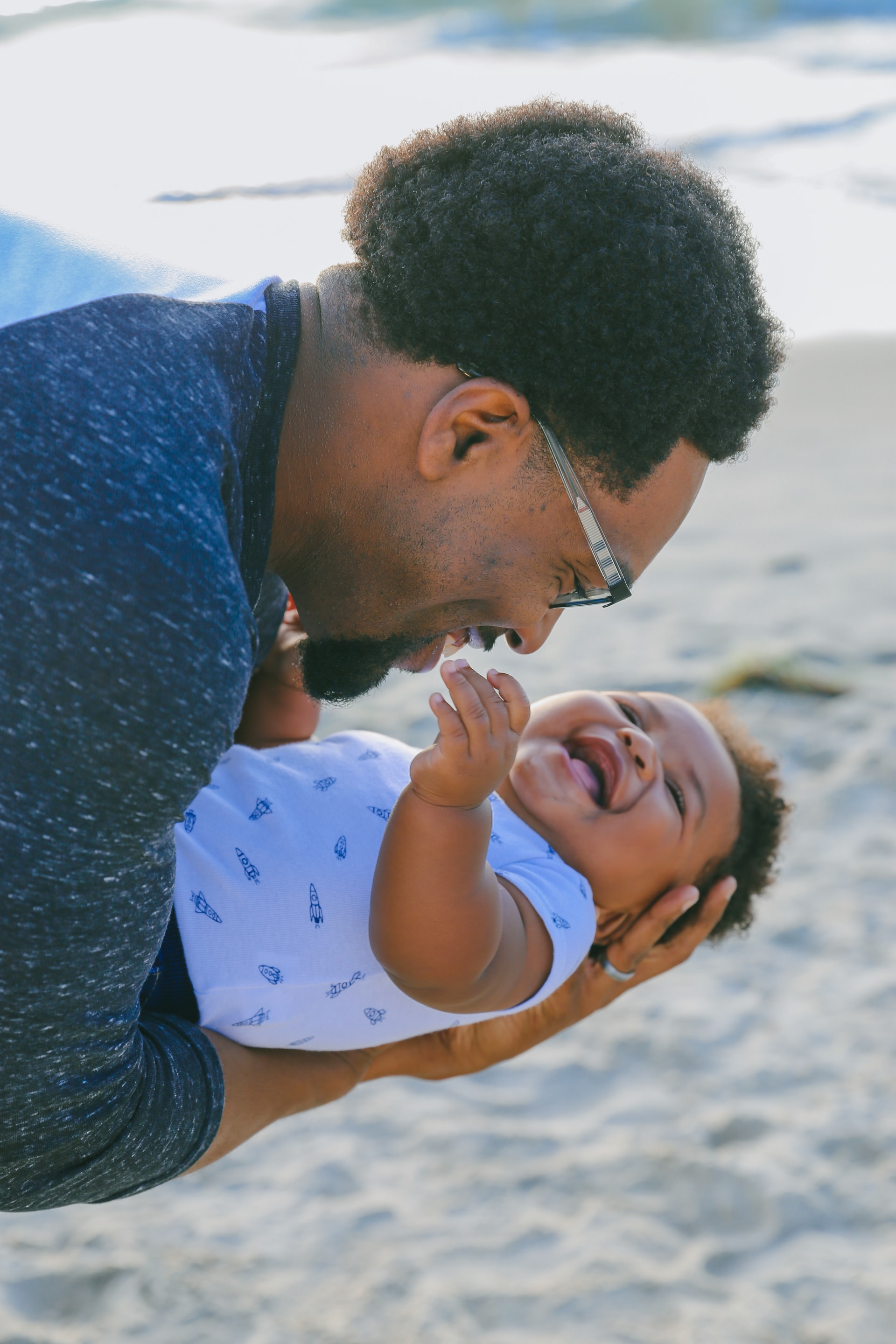One of my daughter’s favorite things to do is a trust fall. She climbs to the top of our couch, turns, spreads her arms, and without a care in the world falls backward into my arms. Trust falls can be scary, especially those at summer camp when you’re falling into the arms of a handful of fellow middle schoolers! What makes them scary, though, is the very thing that makes them a trust fall.
Trust, by definition, means being unable to see everything for yourself. If you were facing the direction of your fall and could see that it was safe, it wouldn’t be a trust fall. Trust is only needed when we can’t see everything for ourselves.
I think this is why Jesus marvels at the centurion’s faith in Capernaum (Matt. 8:10). When Jesus offers to go with him to heal his servant, the centurion, feeling unworthy to have Jesus enter his home, says that all Jesus must do is say the word and his servant would be healed. Matthew tells us that Jesus is amazed at the faith the centurion displays. What’s another way to translate the Greek word for faith (pistis)? Trust.
Jesus commends the centurion’s faith because it captures the very nature of what faith really is: trusting even (or especially) when you can’t see the whole situation for yourself. The centurion needed no visible proof or verification from Jesus that the healing “worked.” He merely took him at his word. He trusted Jesus.
Freedom in Trust
I think of this every time my little girl throws herself off the back of our couch into my arms. She has a faith that doesn’t need to “see for herself.” Her faith frees her from fear. My daughter’s trust falls are a palpable confirmation of why Jesus said we must have faith like children to enter and enjoy the kingdom of God (Mark 10:15). I see the freedom and joy she experiences each time she falls back into my arms, and I can’t help but consider how many times we rob ourselves of that same freedom and joy when we fail to trust our heavenly Father. To free us from anxiety about tomorrow, Jesus doesn't tell us what tomorrow holds; he tells us about the God who will be there with us. Click Para Twittear
We are quick to put stipulations on our faith. I’ll trust you, God, if . . . or, I have faith in you, I just need to understand . . .. But that isn’t trust. If I have to see for myself how things will play out, I’m not trusting God. It’s saying, I’ll fall, but only if I see exactly where I’m falling. And I need a harness and safety net to ensure things don’t go sideways.
To free us from anxiety about tomorrow, Jesus doesn’t tell us what tomorrow holds; he tells us about the God who will be there with us (cf. Matt. 6:25–34). We can be free from fear not because we’re promised a lack of fearful circumstances (we’re not), but because we’ve been promised God’s faithful care amid them all. The peace we crave is not found in seeing for ourselves what will happen; it’s in trusting the One who holds the universe together.
This is what my daughter intuitively understands and what I’m slowly learning. What allows her to have that kind of trust—that kind of faith—is not what she can see for herself but what she knows about me. She knows, first, that her dad loves her too much to let her fall. Second, her dad is strong enough to catch her. Her trust is not rooted in what she can see and understand about her situation but in what she knows about the One promising to keep her safe.
Looking to Jesus
Hebrews 1 tells us that Jesus is the exact imprint of God’s nature. Colossians 1 says he is the very image of the invisible God. If we want to know God’s heart, we look to Jesus. And when we do, we see a love so deep it willingly carried him to the cross on our behalf. We see a power so great that it overcame death. In the gospel, we have undeniable proof that God loves us too much to let us fall and that he is strong enough to catch us.
If the full measure of hell’s force and death itself is not powerful enough to thwart God’s plan to redeem you into his family forever, then nothing is (Rom. 8:37–39). And if, while you were at your worst and weakest—while you were still God’s enemy—he loved you enough to give his Son for you, then there is nothing you can do to diminish that love now (Rom. 5:6–8). In the gospel, we have undeniable proof that God loves us too much to let us fall and that he is strong enough to catch us. Click Para Twittear
If you’re anxious or fearful and looking for peace, don’t look at your circumstances. Look to the God who is with you amid those circumstances. Don’t try to figure out exactly what will happen in the future. Instead, trust the God who is already there working for your good. As Charles Spurgeon said, “God is too good to be unkind, and he is too wise to be mistaken. And when we cannot trace his hand, we must trust his heart.”
We will not always have a clear picture of how God is working things out, but in Christ, we do always have a clear picture of him. He loves you far too much to let you fall, and he is more than strong enough to catch you.










